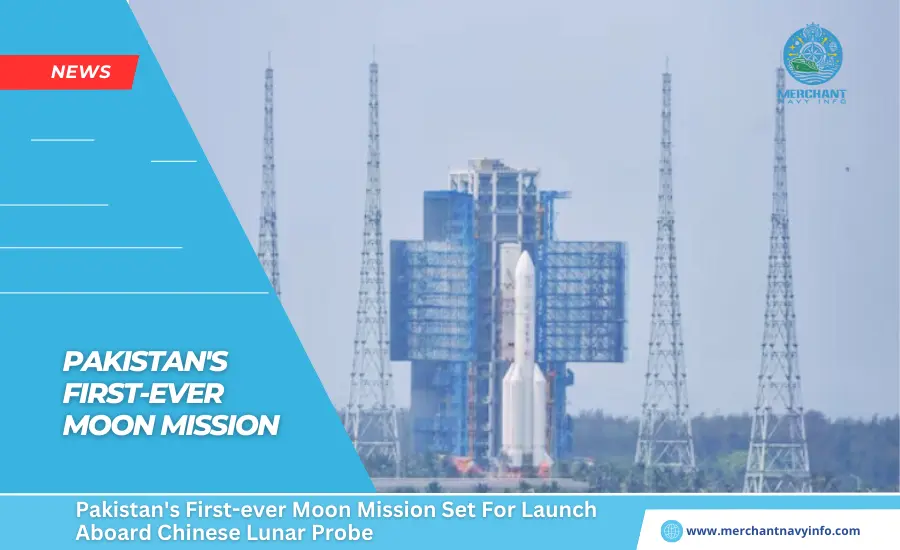
Historic Moment for Pakistan’s Space Endeavors
In a significant stride towards space exploration, Pakistan gears up for an extraordinary milestone – its inaugural lunar mission.
Collaboration and Innovation: The iCube-Q Lunar Mission
The Pakistan Institute of Space Technology (IST) revealed on April 30 that the iCube-Q lunar mission is scheduled for lift-off on May 3, marking a momentous occasion for the nation’s space aspirations. Partnering with Shanghai University SJTU of China and Pakistan’s national space agency, Suparco, IST has developed the iCube-Q satellite, equipped with two cutting-edge optical cameras poised to capture detailed imagery of the lunar surface.
International Collaboration and Support
Adding to the anticipation, the Chinese embassy in Pakistan confirmed the upcoming launch and disclosed that the Chang’e 6 lunar probe, carrying payloads from France, the European Space Agency (ESA), and Pakistan, will embark on a round trip to the Moon. Notably, the presence of Pakistan’s CubeSat on China’s Long March-5 rocket symbolizes a collaborative effort in space exploration, reflecting the global unity in advancing scientific endeavors beyond Earth’s boundaries.
A Promising Future in Space Exploration
As the countdown to the launch commences, Pakistan’s Space & Upper Atmosphere Research Commission (SUPARCO) proudly asserts its involvement in this historic venture, emphasizing the nation’s readiness to contribute to lunar exploration alongside esteemed international partners. With the iCube-Q mission poised to transcend Earth’s confines, Pakistan stands on the brink of a new era in space exploration, driven by innovation, collaboration, and boundless curiosity.









